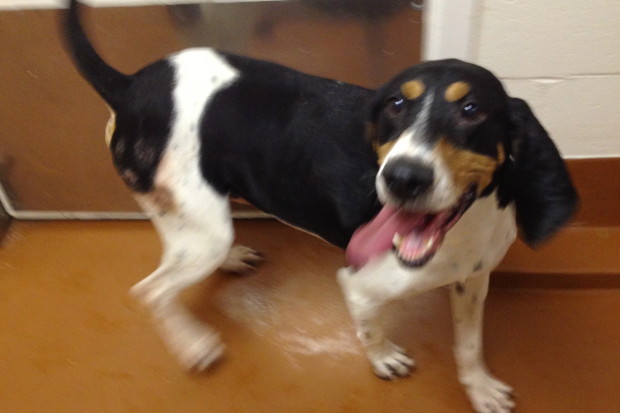In The Humane Economy, I muse about the life of my dog Lily—a mixed breed whose beagle background yowls most prominently—before a rescue group pulled her from a rural shelter that had her on a euthanasia list. A veterinarian with Lost Dog and Cat Rescue said she was four or five when she came into our lives, and my wife Lisa and I often fret about the pain and even torments she experienced before we knew her, since her behavior signals those past traumas. For a variety of reasons, we expect she was a puppy mill dog, or a discarded hunting dog. But at times, we even wonder if she may have come out of a laboratory, since beagles are frequently used in experiments because they are so trusting and docile.
That’s one reason why I am especially happy to celebrate Governor Andrew Cuomo’s signing of legislation in New York to require publicly-funded institutions of higher education to give dogs and cats used in biomedical research and testing a second chance and a chance at adoption into forever homes. It’s great news for hundreds of dogs and cats in state-funded institutions in New York. Rather than discarding these creatures, and burying the evidence if you will, New York has made it possible that they can now know love and affection and a human pack that really cares for them.

Governor Cuomo’s decision is great news for hundreds of dogs and cats in state-funded institutions in New York. These animals can now know love and affection and a human pack that really cares for them. Photo by The HSUS
In a remarkable coincidence, Governor Cuomo put his signature on The Research Animal Retirement Act nearly fifty years to the day that President Lyndon Johnson signed into law the federal Laboratory Animal Welfare Act (now the Animal Welfare Act), which was motivated by a similar concern for the welfare of dogs. The Research Animal Retirement Act, championed by primary sponsor, State Senator Philip M. Boyle (R- Bay Shore) and Assemblymember Linda B. Rosenthal (D-Manhattan) requires that dogs and cats be offered for adoption through private placement or non-profit animal rescue and shelter organizations when their time in research has come to an end.
New York is among a growing number of states passing similar legislation, including California, Connecticut, Minnesota, and Nevada. Such legislation solidifies a growing trend, as more and more research facilities across the United States have voluntarily instituted successful adoption programs for dogs, cats, and other animals.
The development of good relationships between research institutions and rescue organizations has enabled this kind of progress. That’s why it’s sad to contemplate that similar bills in Illinois and Maryland faced stiff opposition from the research community and failed to pass. Laws like this affirm and ensure that the authority to determine when a dog or cat is no longer needed for scientific research rests with the research institutions. They do not affect the way that research is conducted. But they do offer an alternative solution to the only one outlined in federal law—euthanasia. Why shouldn’t these animals be given a chance to become part of a family instead of being killed once their time in the laboratory ends?
The use of dogs in research has substantially declined since the 1960s when the Animal Welfare Act passed, a time when some two million dogs a year passed through our nation’s laboratories, almost none of them coming out alive. In 2014, according to USDA data, the number of dogs used in US laboratories stood at 65,153 (a decline of almost 12 percent from the prior year). At the same time, fewer and fewer institutions purchase dogs from random source Class B dealers, not least because, in October 2014, the National Institutes of Health stopped funding research involving dogs procured from Class B dealers.
Fifty years since the nation’s policy-makers first turned their attention to the plight of dogs and other animals in laboratories, we’re on the threshold of even greater opportunities to spare animals from any risk of harm in laboratory usage. We’re pushing toward that goal with all we’ve got. In the meantime, a measure like this one, so easy to implement, does the animals real good, and makes us a little better as well.
The post New York sends lifeline to lab animals appeared first on A Humane Nation.
Enviroshop is maintained by dedicated NetSys Interactive Inc. owners & employees who generously contribute their time to maintenance & editing, web design, custom programming, & website hosting for Enviroshop.
